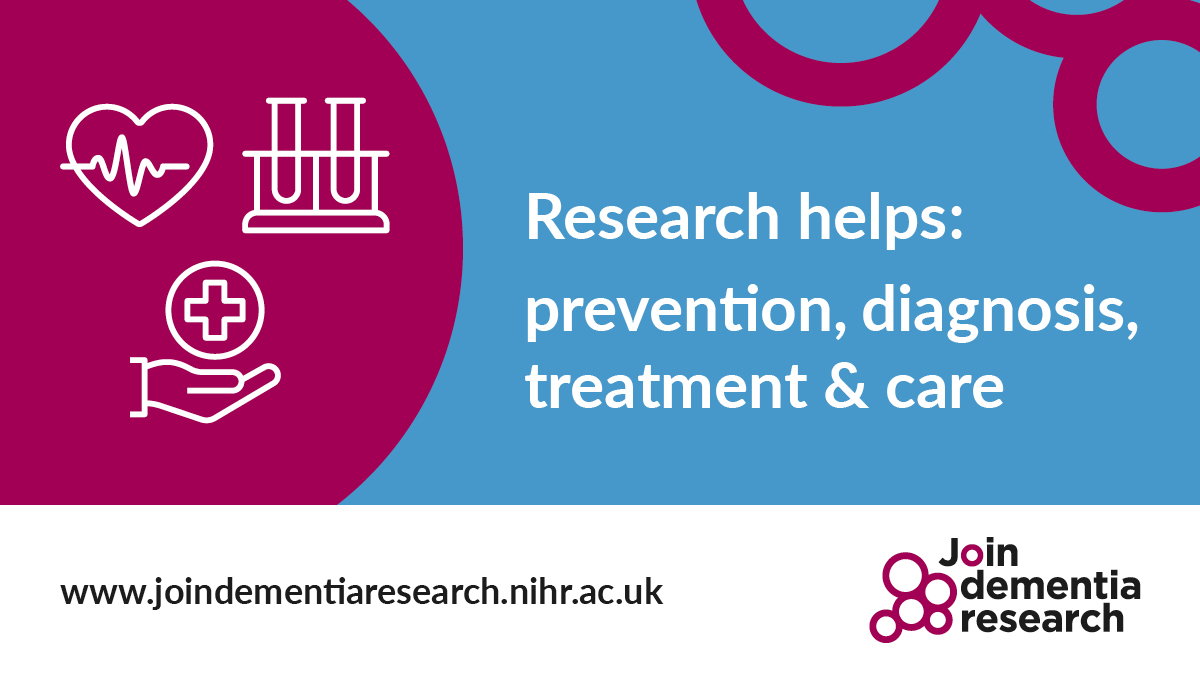
Early career researcher in Keele backed to investigate how metals in the brain are linked to Alzheimer’s disease
Published By Alzheimer's Research UK [English], Fri, Sep 23, 2022 7:34 AM
This World Alzheimer’s Day (Wednesday 21 September), Alzheimer’s Research UK is announcing new funding for a research project at Keele University to investigate how metal nanoparticles contribute to Alzheimer’s disease. The funding from the UK’s largest dementia research charity comes as part of a £2 million package to kick-start seven new dementia research projects around the country.
Dr James Everett’s £30,000 project is supported by Alzheimer’s Research UK’s Early Career Researcher Bridge Fund, so named to help ‘bridge’ the gap between different pots of funding and enable researchers in the early stages of their careers to continue making key discoveries while facing tricky paths to a permanent position at a university.
While metals are important for healthy brain function, Dr Everett’s research has found unusual types of metallic iron and copper in donated brain tissue from people diagnosed with Alzheimer’s. These metallic forms have distinctly different chemical and magnetic properties from their oxide forms, which are predominately stored in tissue, and these highly reactive surfaces could cause damage to nerve cells.
The international research team, led by Keele and Warwick Universities, discovered that the metallic iron and copper tends to clump around amyloid plaques that build up in the brain in Alzheimer’s disease. This prompted the question: do the particles contribute to Alzheimer’s onset, or do the metallic clumps form as a result of the disease?
This research project will look to get an answer to this question and give insight into the potential of treating Alzheimer’s by targeting metal particles with drugs intended to restore metal balance in the Alzheimer’s brain. As metallic iron particles are strongly magnetic, the existence of tiny magnetic iron particles within plaques could also help with diagnosis and to monitor disease progression, as it is possible they could be detected by magnetic resonance imaging (MRI) scanners.
Dr James Everett, said:
“Our discovery of metallic iron and copper particles in the brain provides new insights into the roles played by metals in diseases like Alzheimer’s, the most common cause of dementia. This is the first time these metal forms have been found in the human brain, and so far have only been observed in amyloid plaques from those with Alzheimer’s, which means they could potentially serve as indicators for disease diagnosis and targets for treatments. “Thanks to the Early Career Bridge Funding from Alzheimer’s Research UK, we can continue to make progress during what would otherwise have been a funding gap. This funding is invaluable, allowing me to continue experiments at a world-leading scientific facility and to look for further funding.”
Dr Rosa Sancho, Head of Research at Alzheimer’s Research UK said:
“High levels of iron in the brains of people with Alzheimer’s have been known about for a while, but researchers do not yet fully understand the role of metals in diseases like Alzheimer’s. With the help of the Early Career Researcher Bridge Fund, Dr Everett’s research is shedding light on how metals affect brain cells and amyloid build-up. “Alzheimer’s Research UK firmly believes that supporting and nurturing researchers at an early stage in their career is vital to deliver our vision of a world free from dementia. It is only through research that we can understand how Alzheimer’s affects the brain and identify new ways to stop the disease progressing. “This World Alzheimer’s Month, we encourage you to take part in life-changing dementia research by signing up to Join Dementia Research. You can do this at www.joindementiaresearch.org or by calling our Dementia Research Infoline on 0300 111 5 111 (Monday – Friday, 9-5pm).”
Press release distributed by Media Pigeon on behalf of Alzheimer's Research UK, on Sep 23, 2022. For more information subscribe and follow


